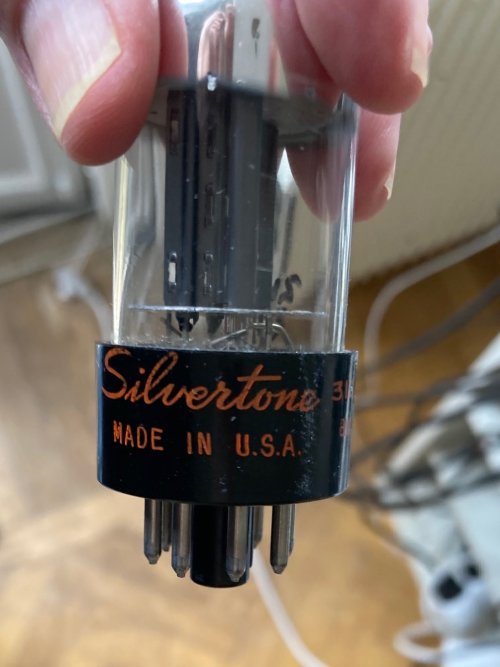There are a growing number of new testers being made from several different manufacturers. Go back 20 years and your only (somewhat) economical choice was one of the vintage testers. I used to buy/refurb/resell vintage testers on a regular basis, but just haven't had the time (or motivation) to do it for the last several years. I'm a bit biased as I love my old Hickoks, but if I were to start from scratch today I'd (personally) go with a newly manufactured unit. Modern materials, modern tolerances, easy to calibrate, warranty, parts availability if something dies, etc etc. I don't have any direct experience with the Maxi Matcher(s) (assume that's what you're referring to?), but they look to be very nicely made.
From my experience, a few added comments to your bullet points:
- Most of them are labelled for parts (and even just for parts, they cost alot!)
Makes it easy to deny any liability for a non-working unit. "I sold it as parts only, and never claimed it actually worked."
- A good chunk of them requires recalibration and/or have some weird anomaly that requires restoration works
Change that from 'good chunk' to ALL. Unless the tester has already been thoroughly refurbished by someone that knows what they're doing, the capacitors (at bare minimum) are going to be either dead or way out of spec. 25 - 30 years is a good lifetime for a modern electrolytic capacitor, and the electrolytics in these vintage testers are 45+ years old now and had a shorter lifespan to begin with.
- Missing / Damaged manuals and sheets seem to expected due to age
If the tester was produced in good quantity back in the day, chances are good that documentation is available online. BAMA is a great resource and a good place to look to see what's available for any particular vintage tester:
https://bama.edebris.com/
- Those that claim that they are in good perfect working order cost a good chunk more
The operative word here is 'claim.' Probably half of the testers I've purchased that were
claimed to be in perfect working order were anything but. The biggest problem here is the parts. Easy enough to find replacement resistors and capacitors and such, but if you have a dead meter, it can get interesting trying to find a suitable replacement. Broken rotary switch? Same thing. Fried transformer? You just got a boat anchor. Not only will you
not find a replacement (short of buying another machine as a donor), but I can guarantee you'll have the time of your life getting it installed.
























